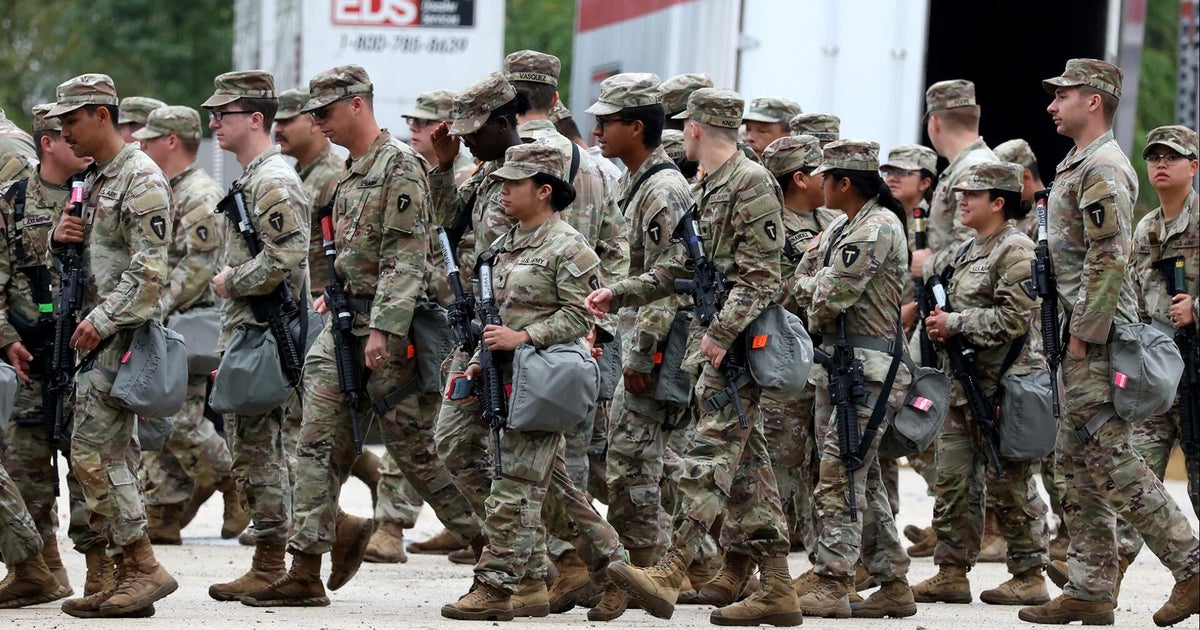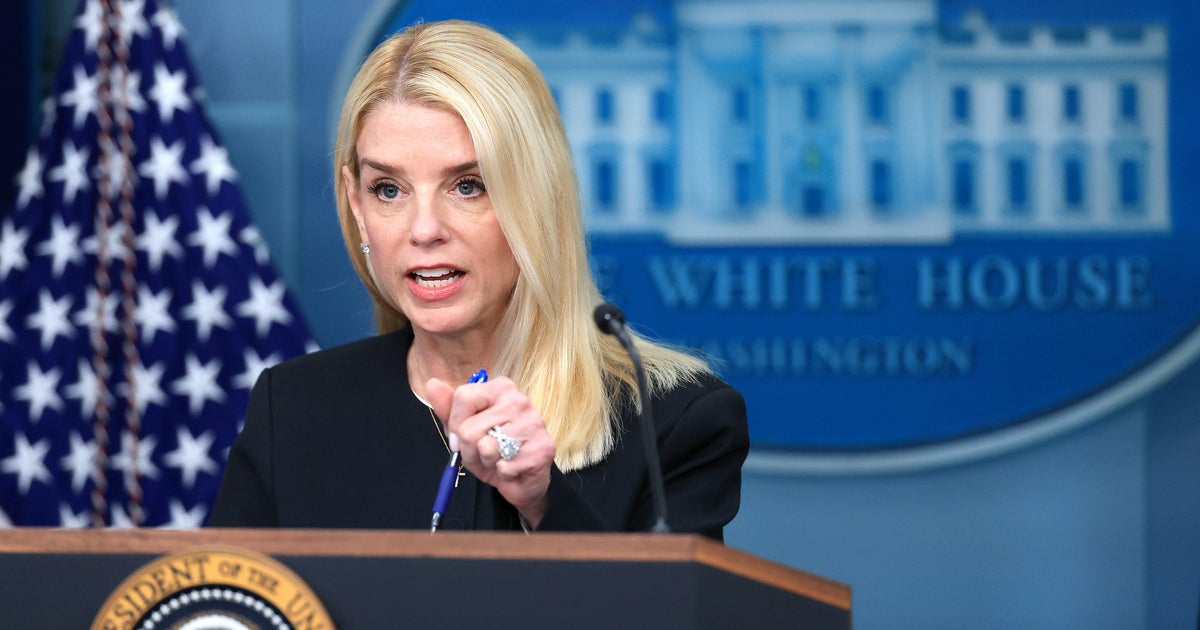
A federal judge’s imminent ruling on a lawsuit from the state of Illinois and the city of Chicago challenges the very foundation of federal authority in the deployment of the National Guard. This case is not merely about troop movements; it represents a critical juncture in the ongoing struggle for civil liberties and local governance against overreaching federal power.
The lawsuit, spearheaded by Illinois Attorney General Kwame Raoul, unequivocally states that the federal government’s deployment of National Guard troops to Illinois is “patently unlawful.” This bold assertion calls into question the legality of the Trump administration’s actions, which have been characterized by a blatant disregard for constitutional limits. Raoul highlights the dangers inherent in the federalization of troops, arguing that such actions are not only unconstitutional but also threaten the very fabric of democracy.
The federal government, in its response, leans heavily on the argument that President Trump possesses the legal authority to deploy troops without state approval. This assertion sets a dangerous precedent, suggesting that federal authorities can override state objections under the guise of protecting national interests. The Trump administration’s position reflects a broader trend of executive overreach that undermines the principles of accountability and local governance.
Judge April M. Perry, presiding over the case, has recognized the urgency of the situation, especially given that 500 National Guard troops have already been deployed to Illinois and Chicago amid escalating tensions. This swift military mobilization raises alarms about the government’s commitment to respecting the rule of law and the rights of individuals. The judge’s initial refusal to grant an emergency temporary restraining order—despite the gravity of the circumstances—indicates the court’s cautious approach to balancing state and federal powers.
As the arguments unfolded, it became apparent that the federal government’s counsel is attempting to sidestep the fundamental issue at stake. Rather than providing clear parameters for the National Guard’s deployment, they argue for judicial deference to presidential authority, a stance that undermines checks and balances in our democracy. The government’s portrayal of violence and unrest as justification for military intervention raises critical questions about the narratives being fed to the public and the media’s complicity in them. Judge Perry astutely pointed out the discrepancies between the government’s inflammatory rhetoric and actual on-the-ground reporting, highlighting the need for accountability in how state power is exercised.
The judge’s inquiries into recent restraining orders against ICE for violations of First and Fourth Amendment rights further underline the precarious situation faced by communities in Illinois. These orders reveal a pattern of federal overreach and abuse of power that cannot be ignored. The juxtaposition of these legal challenges against the backdrop of troop deployment crystallizes the urgent need for systemic reform to protect civil liberties.
One must also consider the chilling implications of President Trump’s claim that Chicago is “out of control,” a narrative that serves as a pretext for militarization. Raoul’s assertion that it is the ICE agents themselves who constitute the true threat to public order sheds light on the broader systemic issues of immigration enforcement and the militarization of law enforcement. The state’s attorneys argue convincingly that the president cannot summon troops to combat crime when local law enforcement can effectively manage public safety.
The stakes in this case extend far beyond the immediate conflict over troop deployment. They touch upon fundamental questions of governance, civil rights, and the balance of power between state and federal entities. As Judge Perry prepares to issue her ruling, the implications of this decision could reverberate throughout the country, potentially empowering or curtailing executive authority in the face of state resistance.
The urgency expressed by local officials, like Johnson, who lament the necessity of a court case to safeguard basic rights, speaks volumes about the state of democracy in America. It is disheartening that communities must turn to the courts to protect themselves from their own government. This case serves as a reminder that the fight for equality, accountability, and human rights is ongoing and fraught with challenges.
As we await the court’s decision, one thing is clear: this lawsuit is emblematic of a larger struggle against authoritarianism and for the preservation of democracy. The ramifications of this ruling will influence not only the immediate situation in Illinois but also set a precedent for how federal and state powers interact in the future. The time for accountability is now, and the voices of those demanding justice must not be silenced.
This article highlights the importance of Deployment Under Fire.


